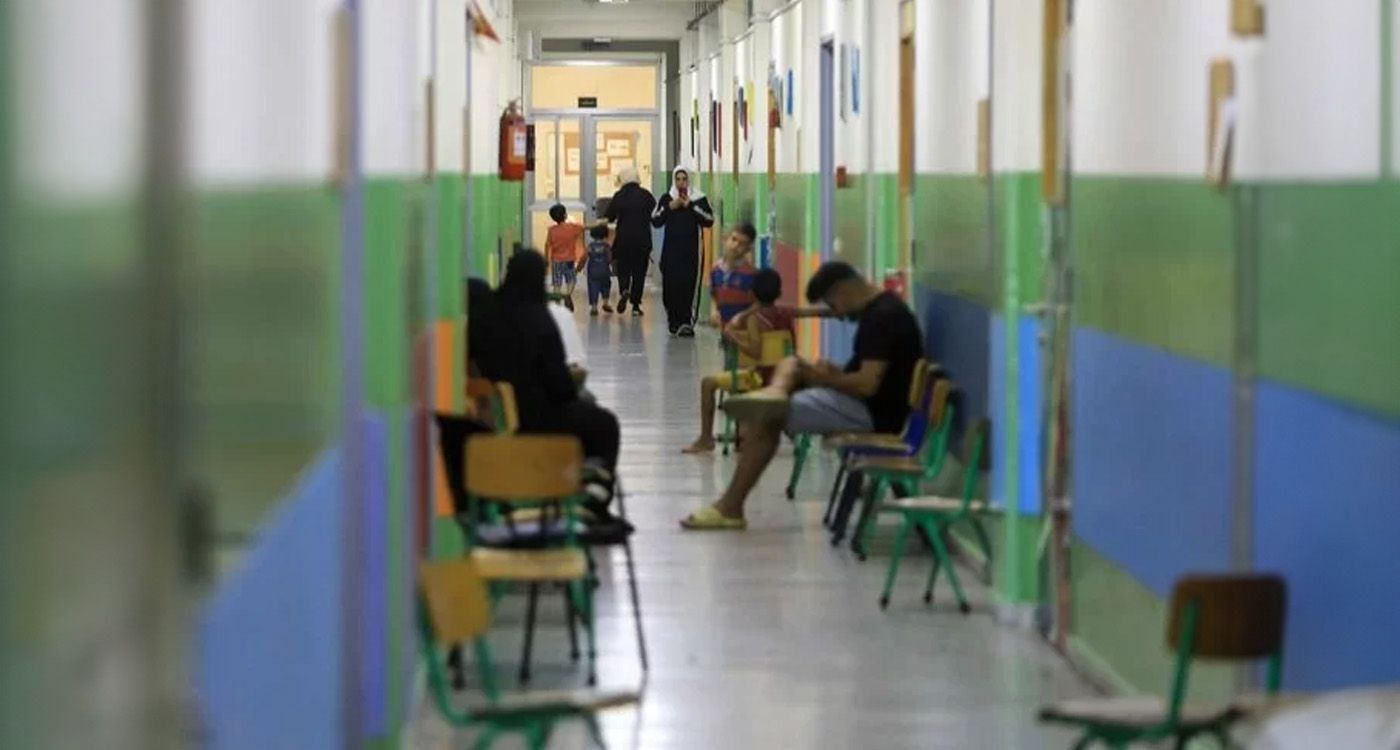
Within a few weeks, Lebanon's demographic makeup has undergone a dramatic shift. Around 1.5 million people, mostly from the Shiite community, have been forced to leave their homes in the South and the Beqaa Valley.
National solidarity has played a commendable role. NGOs, privates, friendly nations, and even the state have immediately rushed to assist the unexpected refugees — victims of the "divine victory" sold to them — sacrificed for the interests of the Iranian mullahs, who are doing absolutely nothing to support them.
However, isolated incidents are starting to occur here and there in the so-called "safer" areas between the displaced and local residents. Fights have broken out, but no weapons have been involved — not yet, at least.
The longer the conflict drags on, the harder coexistence becomes. Of course, there are the usual opportunists renting out apartments at exorbitant prices, without any qualms. Yet, tensions are mounting. This was laid bare by the raid on October 14 in the Christian village of Aito in northern Lebanon, which claimed 24 lives, including that of a Hezbollah member. Suspicion lingers in the air, leaving everyone questioning the true identity of their neighbors. From building to building, residents warily watch one another, gripped by the fear of being targeted for reasons beyond their understanding — no one is immune from this anxiety. Municipalities are trying to confirm the identities of new tenants in rented apartments, but these efforts have little impact, as the “confirmations” rely solely on self-reported information and lack adequate resources.
French Defense Minister Sébastien Lecornu, who is well-acquainted with Lebanon, has warned of an "imminent risk of civil war." These words carry significant weight. If incidents like the one in Aito happen again — two, three, or four times, anywhere in Lebanon — how will the population react? How will Hezbollah respond? It’s crucial to acknowledge that while the Iran-backed militia seems to be in a difficult position against Israel, it still maintains its full capacity for internal maneuvering. After all, it is the only armed militia in the country.
Assuming the war were to end tomorrow, who would rebuild the neighborhoods and villages of the displaced citizens? In 2006, Gulf countries invested billions of dollars in reconstruction efforts. This time around, however, the situation is entirely different. The rift between Hezbollah and the petro-monarchies is so pronounced that any potential — yet unlikely — aid would be contingent upon political considerations dictated solely by Tehran’s whims.
The risk of an extended, potentially permanent displacement for many affected individuals is substantial, particularly since they have been thrust into this situation unwillingly.
If reconstruction occurs, it will be a lengthy process. What will the country look like by then is anyone’s guess. Meanwhile, tensions from various conflicts continue to simmer beneath the surface.
Iran, for its part, is watching these developments with a cold, unfeeling gaze. The Revolutionary Guards are careful not to instigate any full-fledge revolution. The countless hollow declarations of love from Iranian leaders look like a fake Tinder profile — few take them seriously anymore, except for a handful of ideologues. On this issue, all Lebanese may be on the same page, though that remains to be seen.




Comments